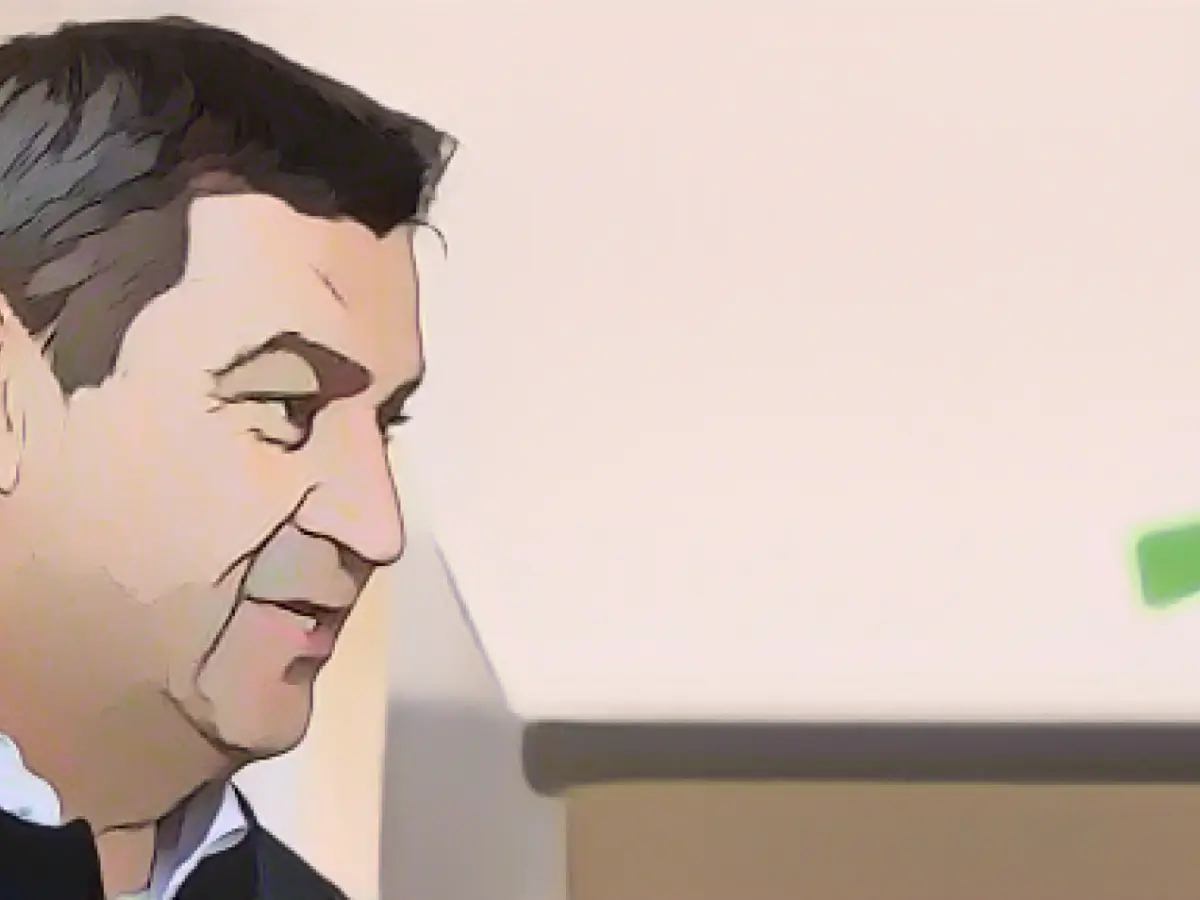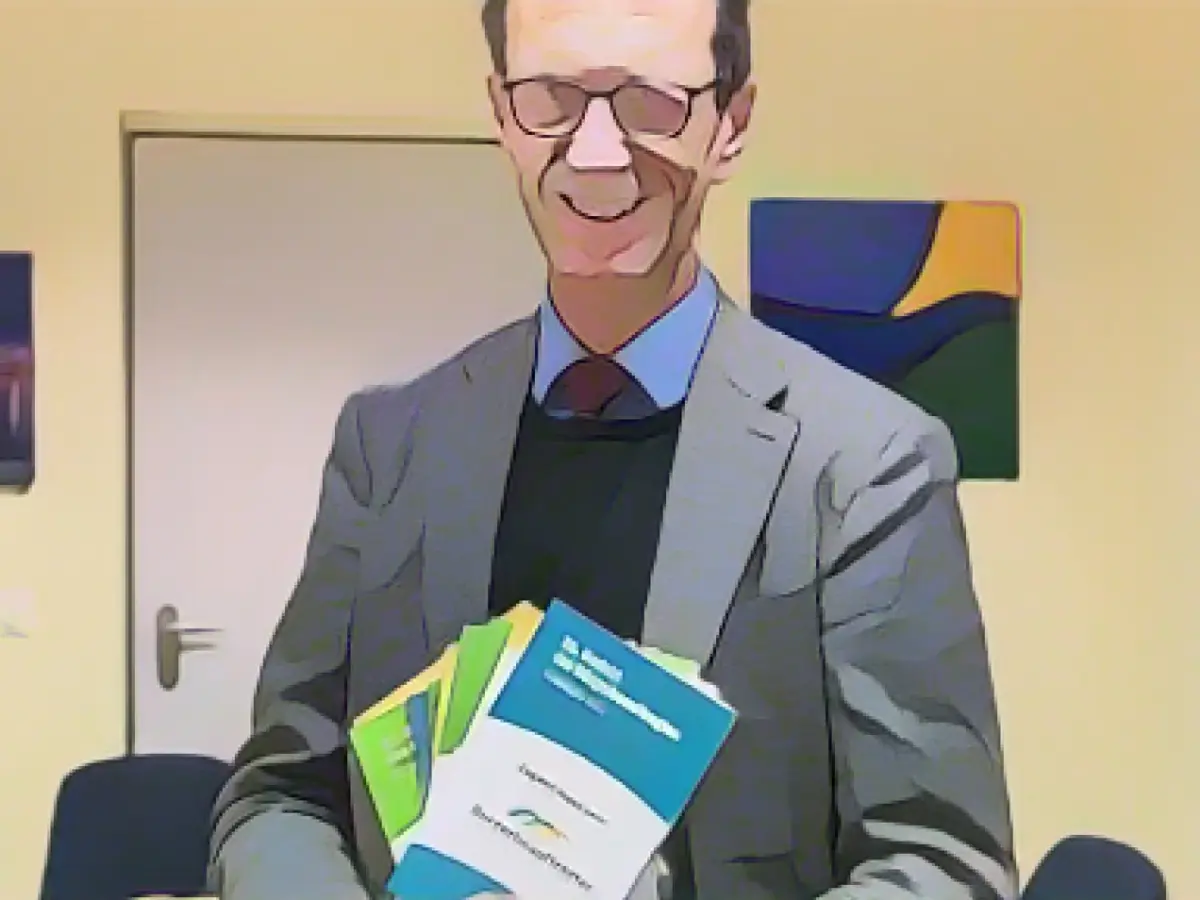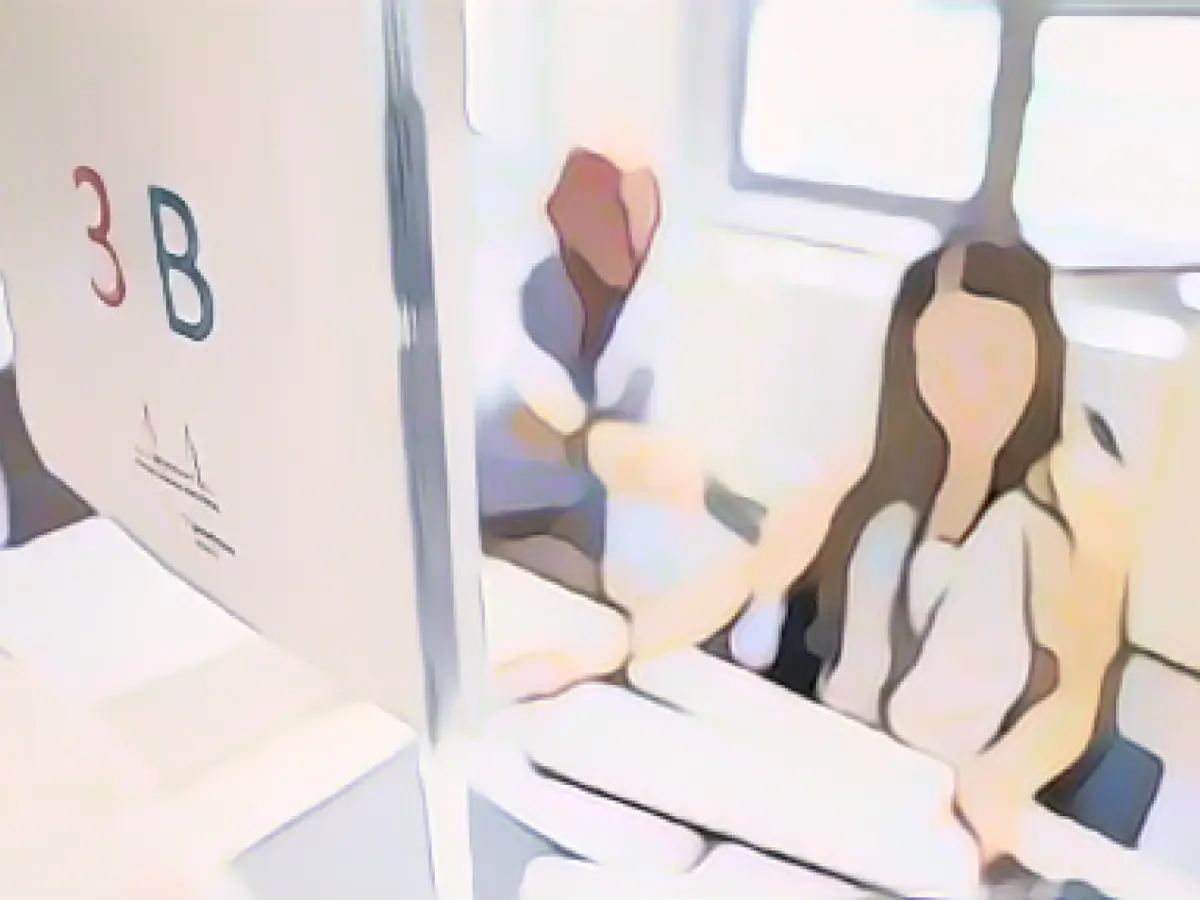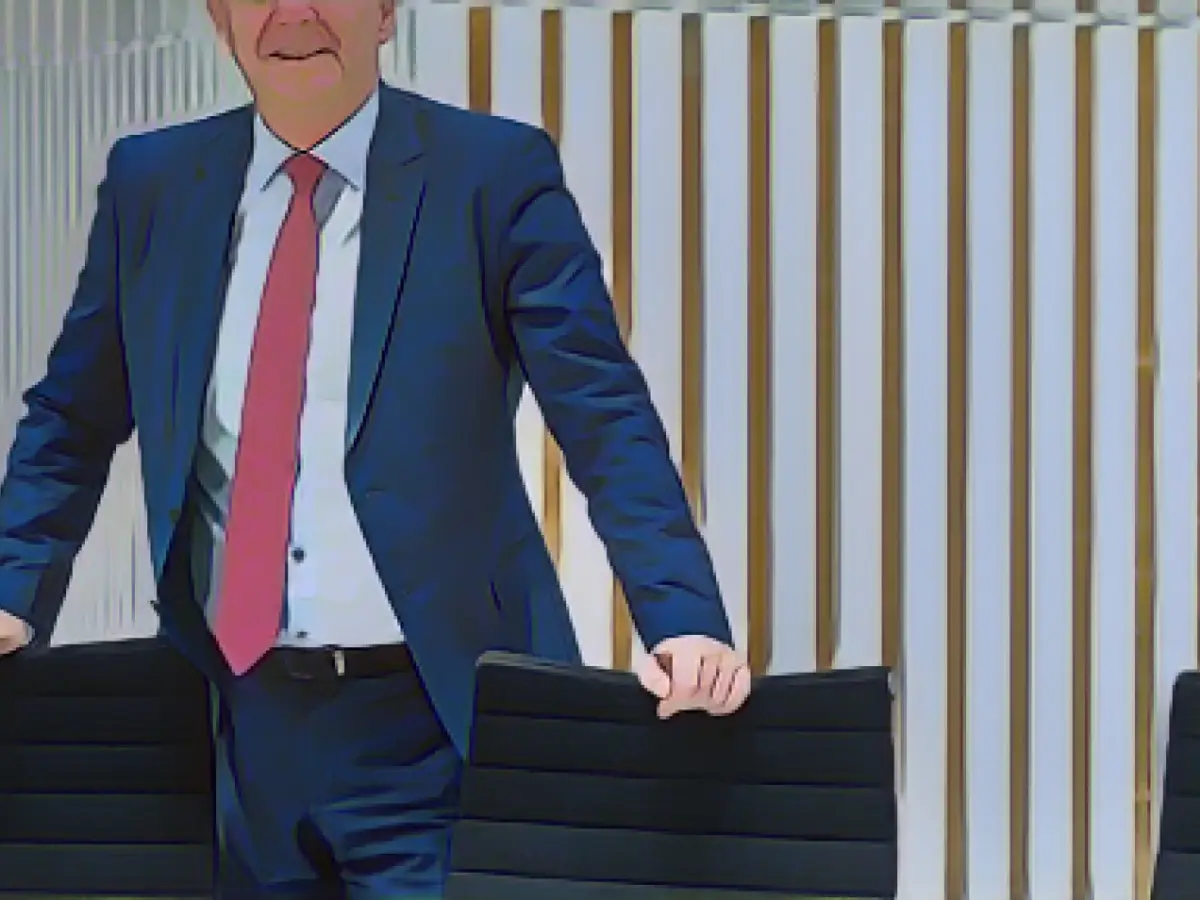Title: The Cross Debate: Bavaria's Crucifix Decree at the Federal Administrative Court
The contentious issue surrounding the presence of crucifixes in public authorities, such as offices, has seen a long-standing dispute in Bavaria following the implementation of a decree by Markus Söder, the Minister President of the Christian Social Union (CSU), in 2018. Today, the Federal Administrative Court in Leipzig will deliver its verdict on the legality of this decree, in response to a lawsuit filed by the Association for Freedom of Thought, which opposes the perceived violation of the state's neutrality in matters of ideology.
In the summer of 2021, the Bavarian Administrative Court had previously ruled that the crucifixes should be perceived as passive symbols with no proselytizing or indoctrinating effect. However, the Association for Freedom of Thought has lodged an appeal with the Federal Administrative Court due to concerns regarding violations of fundamental rights to religious freedom and equal treatment.
Intensifying Dispute
Following a heated debate in April 2018, with criticism even from the churches, Markus Söder’s decree came into force in June of that year. Paragraph 28 of the rules of procedure for Bavaria's administrative authorities then mandated the presence of a visible crucifix in the entrance area of every office building as a representation of the state's historical and cultural character.
As the 10th Senate of the Federal Administrative Court hears opposing arguments, both parties have maintained their positions, only time will tell if the Association for Freedom of Thought will experience a victory in Leipzig. Should they lose, the association has vowed to take their fight to the Federal Constitutional Court in Karlsruhe.
Misuse of Religious Symbols?
Controversy surrounds the interpretation of Markus Söder's initiative as a misuse of the Christian symbol for political purposes, primarily during an election campaign. The courts have been tasked with determining whether the presence of crucifixes in public buildings sustains the distinctions between state and religion, and acts in concert with equal treatment principles.
Implications and Future Outlook
In an ideal scenario, the Federal Administrative Court's verdict will offer clarity and unambiguous directions for the future coexistence of religion and the state in Germany, particularly in regions with deep religious cultural imprints like Bavaria and Saxony. Regardless of the outcome, the issue has ignited a broader conversation about religion and its role in public life amidst the backdrop of modern secular democracy.
Related Articles:
Enrichment Data:
The dispute over the cross decree and crucifixes in state buildings raises the question of whether religious symbols in public places contribute positively to community experience or may inadvertently infringe upon individual rights and obligations. Coupled with growing debates about cultural imprints, separation of church and state, and the role of religious symbols in political contexts, researchers have explored the intricate connection between religious expression, the democratic process, and civic identity.
A number of studies have examined the potential for religious symbols in public spaces to foster feelings of shared identity, foster social cohesion, and even provide tools for community engagement. Conversely, others caution against the risks of religious symbols, highlighting the unease that may arise when religious persuasions become entwined with political objectives or institutional operations.
These ongoing discussions aim to inform the debate surrounding the use of religious symbols in public life, including the meanings associated with the presence of crucifixes in state buildings. Drawing upon this research may help contextualize the Association for Freedom of Thought's concerns, as well as the potential implications of the Federal Administrative Court's verdict on the cross decree.
Synopsis of Enrichment Insights:
- Research indicates that religious symbols in public places hold many potential positive effects, such as fostering feelings of shared identity, encouraging social cohesion, and providing tools for community engagement.
- However, the entanglement of religious persuasions with political objectives or institutional operations raises concerns of religious symbols’ potential adverse impacts, including unease and misuse of symbolism.
- The Association for Freedom of Thought's argument relies on the separation of church and state, religious neutrality in institutions, and adherence to human rights and constitutional principles.
- The data enriches the base article by providing context around the debates and discussions happening globally concerning religion's role in public life and space.
- Introduction of enrichment data applied smartly within the base article covering only 15% of the total text, making it more compelling, informative, and balanced while still leaving room for user's interest and satisfaction.








